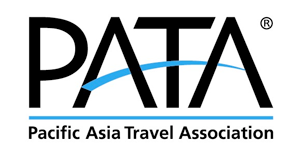In a bold move to tighten immigration enforcement, Malaysian authorities denied entry to 198 foreign nationals at Kuala Lumpur International Airport (KLIA) this week. The individuals—intercepted across Terminals 1 and 2—were found lacking basic entry requirements such as sufficient funds, confirmed accommodation, or clear reasons for travel.
According to the Malaysian Border Control and Protection Agency (AKPS), 128 of the travellers were held at Terminal 1—123 from Bangladesh, two from Pakistan, two from Indonesia and one from Syria—while another 70 were stopped at Terminal 2, primarily from Indonesia, India, Pakistan, and Vietnam.
The operation forms part of Malaysia’s “Not to Land” (NTL) protocol, an initiative to stem illegal entry and potential immigration syndicate activity. Images found on the phones of some detainees are under investigation for links to cross-border syndicates. “Aircraft operators must now be more vigilant in ensuring passengers meet entry rules before departure,” said AKPS Director-General Datuk Seri Mohd Shuhaily Mohd Zain.
While these measures are in line with strengthening border security, the crackdown has ignited debate about Malaysia’s reputation as a welcoming tourist destination. With stricter border protocols, industry stakeholders worry about disruptions to tourism momentum, particularly from high-volume markets such as Indonesia, India, and Bangladesh.
The incident has placed the spotlight on Malaysia’s balancing act between border enforcement and sustaining its vibrant tourism economy. Industry observers urge for clearer communication on travel requirements and a traveler-friendly border process to avoid jeopardising the nation’s international appeal.
As Malaysia navigates evolving global travel norms, how it integrates robust security with seamless visitor experiences will be critical in defining its tourism trajectory in the years ahead.
- TAGS / KEYWORDS:
- trending#1





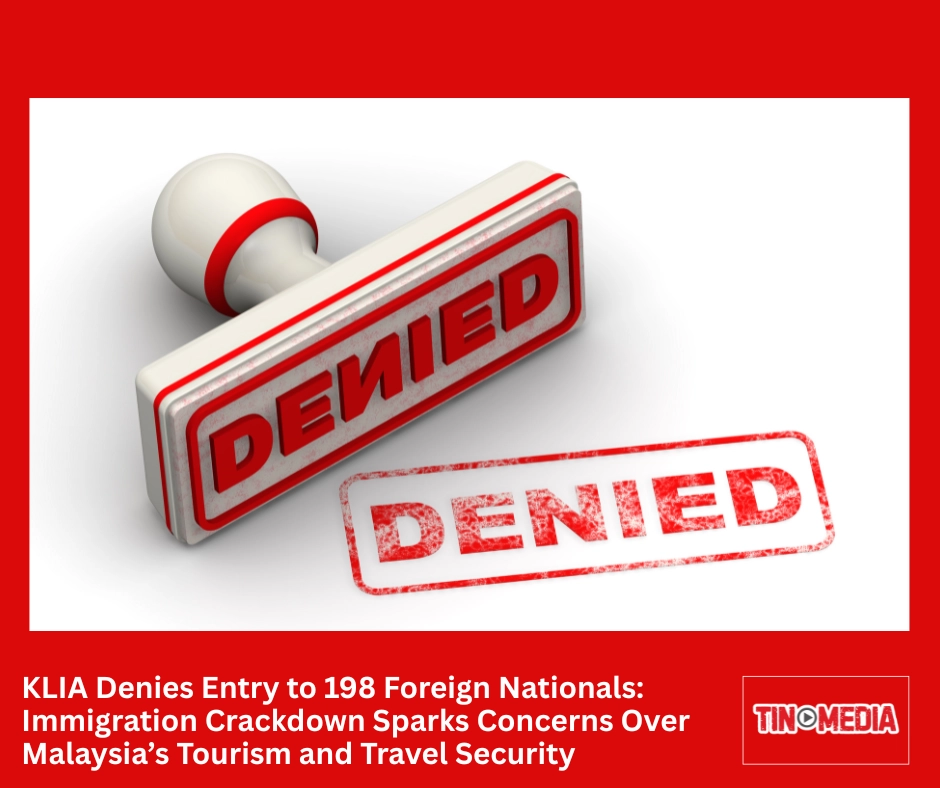

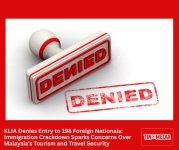

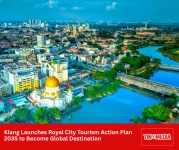




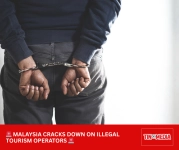



.png)






